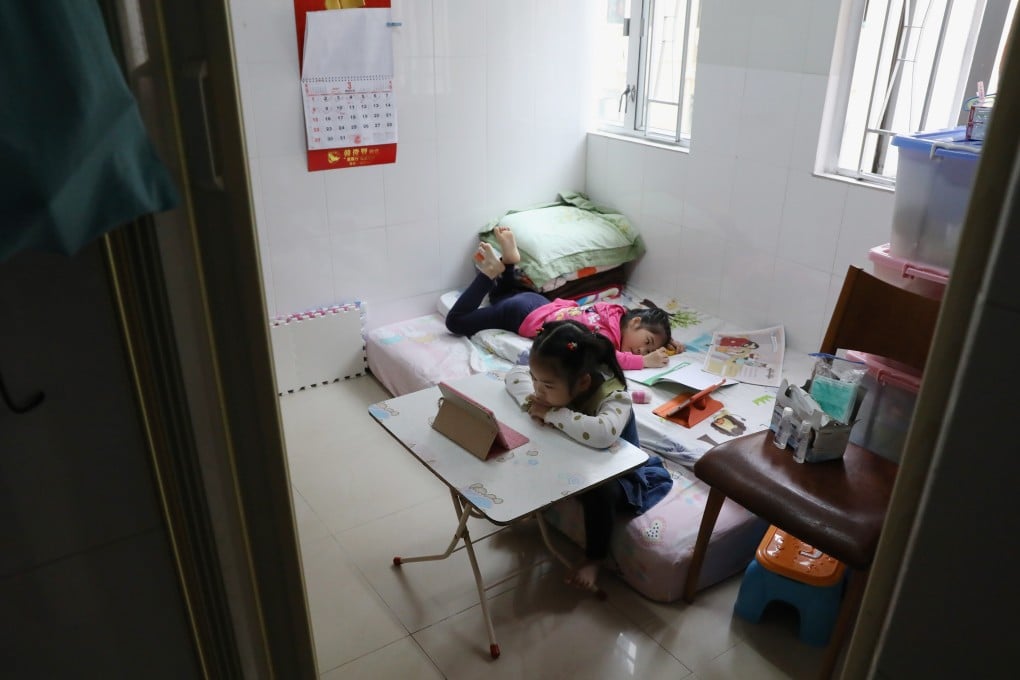Hong Kong should reintroduce rent controls for subdivided flats, says task force, with some members wanting to limit what landlords can charge
- Government-appointed group considering reintroducing controls after 17 years and capping rise in rent at 15 per cent
- But landlords say it puts them at a disadvantage and argue it would protect problem tenants

Rent controls for subdivided flats which were scrapped 17 years ago should be reintroduced and a standard contract imposed as measures to protect poorer families, according to a group looking at regulating the sector
The Post has been told the government-appointed task force was considering two recommendations from its members, including introducing priority renewal rights for tenants of subdivided units, and capping the rent rise on lease renewal at 15 per cent of current rent.
Briefing lawmakers on Monday on the group’s progress, the Transport and Housing Bureau noted the task force, which is expected to submit a final report in March, “had a relatively clear consensus that a standard tenancy agreement for [subdivided homes] should be devised”.
According to the bureau the agreement should, “set out the rights and obligations of both the landlord and the tenant, the term and period of tenancy, rent, notice period for early termination of tenancy, the arrangements concerning electricity and water charges and other miscellaneous charges”.

04:11
Tiny 290sq ft temporary housing a welcome upgrade for some low-income Hong Kong families
It continued: “As regards the tenants’ right to renew the tenancy, the task force has to further discuss and deliberate on whether a certain degree of security of tenure should be offered to … tenants and whether some form of regulation should be enforced on the rate of rent increase upon tenancy renewal, et cetera, as well as the possible options.”